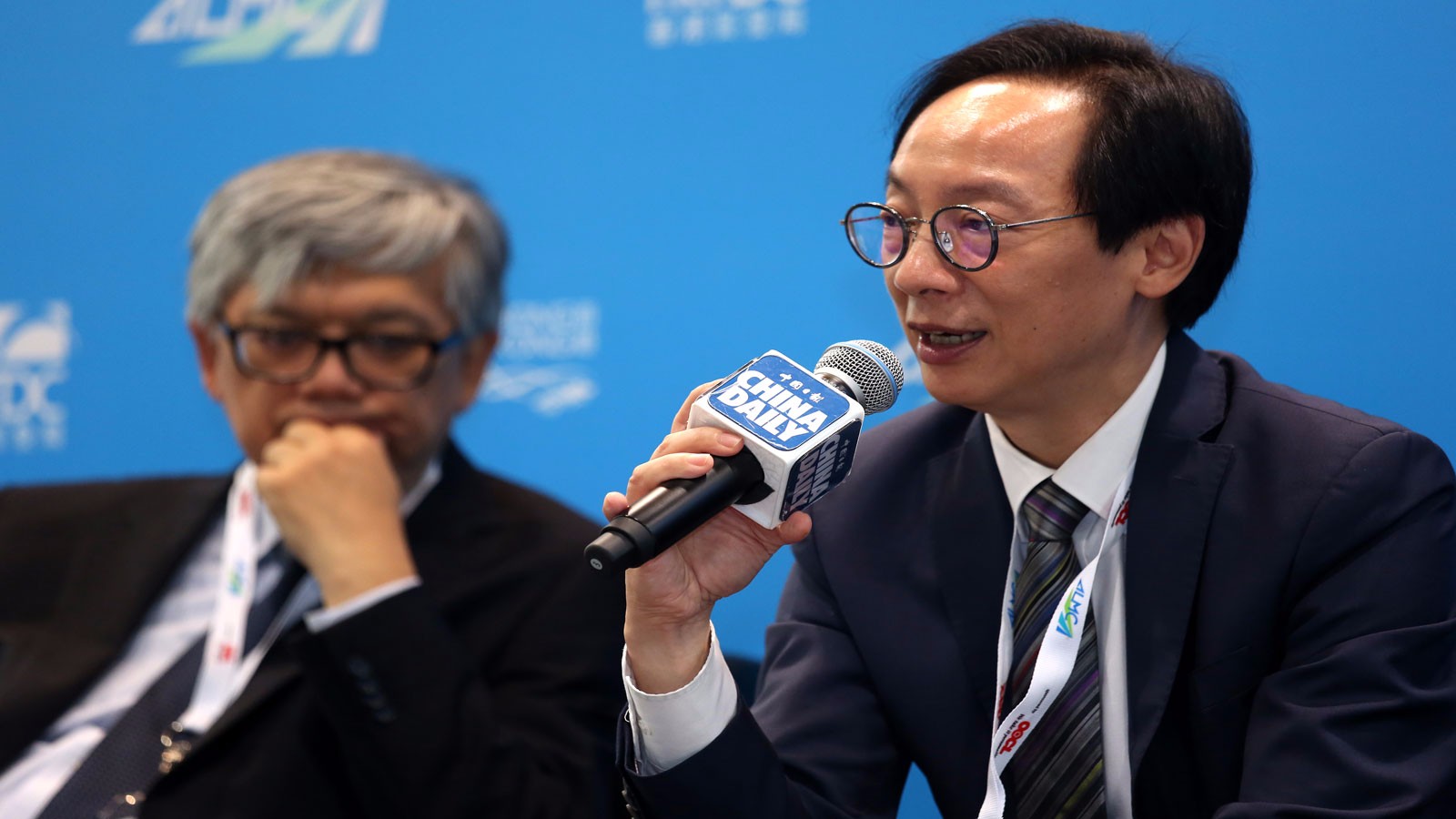2015-11-20
Zhou Mo in Hong Kong

Hong Kong is in an advantageous position to provide financial support to enterprises trying to expand their business in countries that come within the ambit of the Belt and Road Initiative, said Andrew Fung Hau-chung, executive director and head of global banking and markets at Hang Seng Bank. With more than 60 countries and economies covered by the initiative, many businesses will require cross-border financing. “Hong Kong has a very good presence of international banks. Most of the large international banks have branches in Hong Kong,” Fung told China Daily in an exclusive interview. “Therefore, it is a good financing hub for making cross-border financing, (either) from the mainland to Central Asia or from the mainland to ASEAN,” said Fung. While Fung believes that banks in Hong Kong have already been offering comprehensive financial services to enterprises, he stressed that they still need to strengthen their services, as the Belt and Road Initiative and renminbi internationalization will create more demand for renminbi-based financing. “If customers start to use more renminbi in trade, then banks have to strengthen their capacity. For example, in the payment system, banks probably need to join the Cross-border Interbank Payment System for making payments because, in the past, most of the payments were made in either US dollars or euro.” Meanwhile, the SAR is facing increasing competition from mainland cities and other international financial centers such as London and Singapore, despite being the largest offshore renminbi center, Fung pointed out. Hong Kong used to be the only financial center, he noted, but now it has to compete with several others for a bigger slice of the cake. But he insisted that the Belt and Road Initiative will bring more benefits to Hong Kong as the demand for cross-border loans rises, with the SAR having an edge. Fung expects to see growing demand for equipment financing in the short term, followed by the revival of shipping and aircraft leasing in the medium term. Hong Kong used to be a big center for aircraft financing, said Fung, but the absence of tax treaties has led to a sharp drop in its competitiveness in the past few years. “Many countries have brought about tax reforms that make Hong Kong less competitive. So, we have to see if we could introduce some tax reforms that encourage cross-border leasing.” He urged the SAR government to play a bigger role by reviewing tax treatment for cross-border leasing to support the Belt and Road Initiative in the aspect of financing. sally@chinadailyhk.com Source:http://www.chinadailyasia.com/2015-11/20/content_15347318.html